Keywords: Michele Frankeni
-

AUSTRALIA
- Michele Frankeni
- 02 October 2023
From cherished family anecdotes to narratives that divide societies, stories have a way of bonding groups and affecting our thinking on the challenges facing our nation. It is our stories that either draw people closer or keep us from recognising the humanity in each other.
READ MORE 
-

ARTS AND CULTURE
- Michele Frankeni
- 23 August 2023
2 Comments
In the rich tapestry of the English language, 'privilege' stands out as a term both celebrated and debated. While its roots may be diverse, its modern interpretation often overlooks personal effort and journey. Amidst the vast lexicon, is there a term capturing life's effort without diminishing individual experiences?
READ MORE 
-

ARTS AND CULTURE
- Michele Frankeni
- 04 August 2023
1 Comment
In an era where trivia knowledge reigns, what's the value of true expertise? Distinguishing between general knowledge and specialisation, what is the importance of experts in a world where answers are at our fingertips, and what does it mean to truly 'know' something?
READ MORE 
-
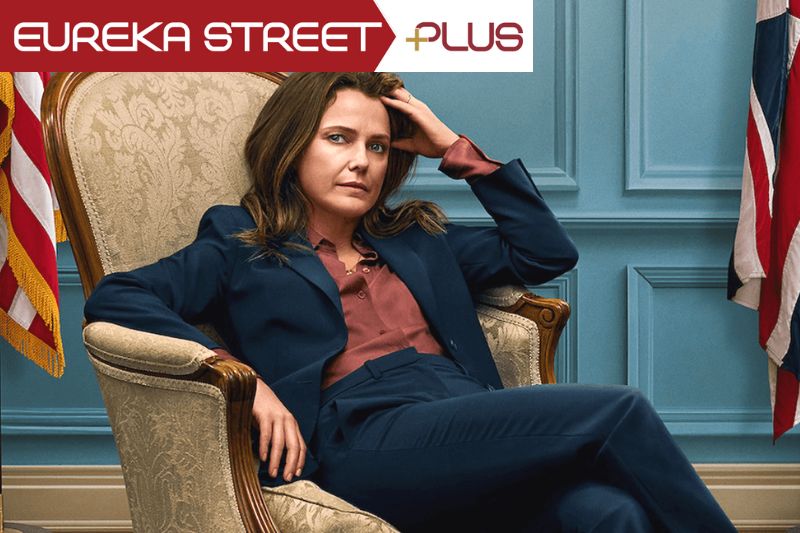
ARTS AND CULTURE
- Michele Frankeni
- 27 June 2023
When I sat down to watch Netflix series The Diplomat with my daughter, our conflicting perspectives led me to question whether age and generational expectations alter our views on relationships. I'm left wondering if I've been conditioned to expect too little, or if she's been conditioned to expect too much.
READ MORE 
-
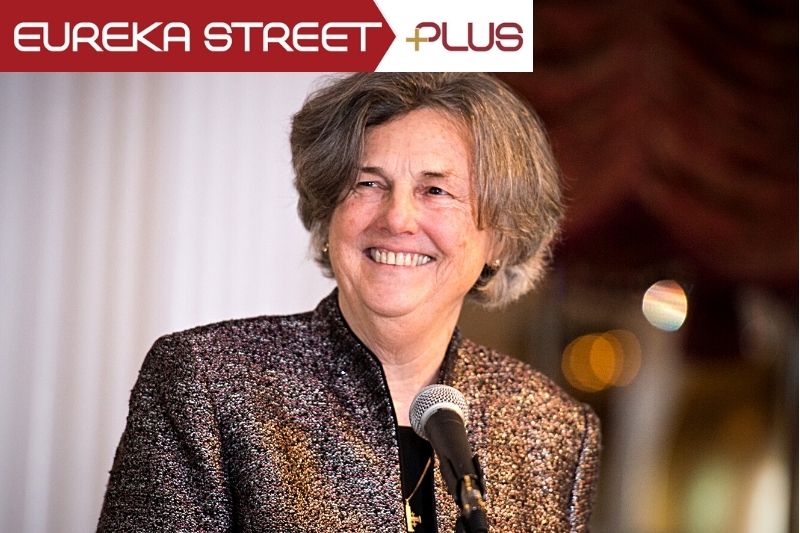
RELIGION
- Michele Frankeni
- 26 May 2023
3 Comments
In a discussion with Michele Frankeni, Catholic scholar Dr Phyllis Zagano explores the question of whether there is a need for increased recognition of women in the Catholic Church, particularly regarding their potential in the diaconate. She investigates both the historical evidence for ordained female deacons and the modern arguments for their re-introduction.
READ MORE 
-
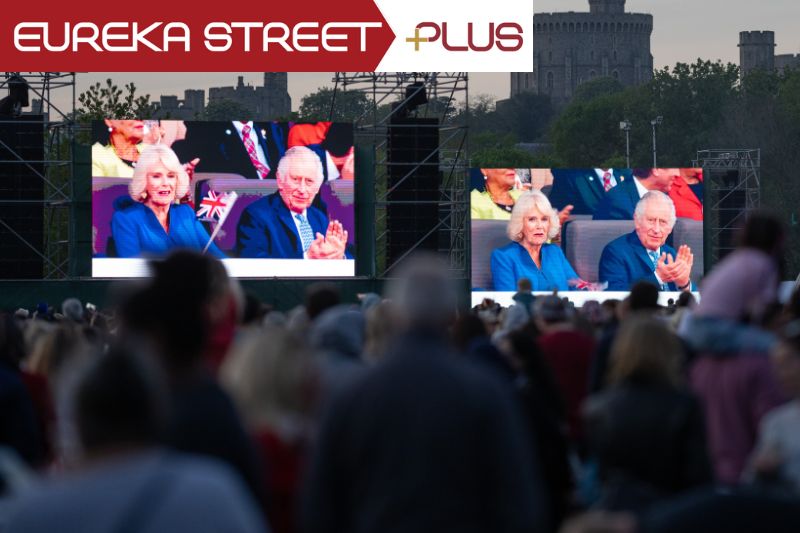
INTERNATIONAL
- Michele Frankeni
- 22 May 2023
1 Comment
During the Coronation of King Charles III, six family members from households scattered across the world unite via Messenger to share real-time commentary. The occasion was less a celebration of tradition than a moment of cross-continental bonding, reminding us of the enduring power of human connection.
READ MORE 
-

INTERNATIONAL
- Michele Frankeni
- 17 April 2023
Dutch supermarket chain Jumbo has introduced 'Kletskassa' or 'chat checkouts' for customers who want a little conversation with the cashier. In today's automated world, where human interactions are increasingly impersonal, small moments of human connection can make a big difference in combatting loneliness in our communities.
READ MORE 
-
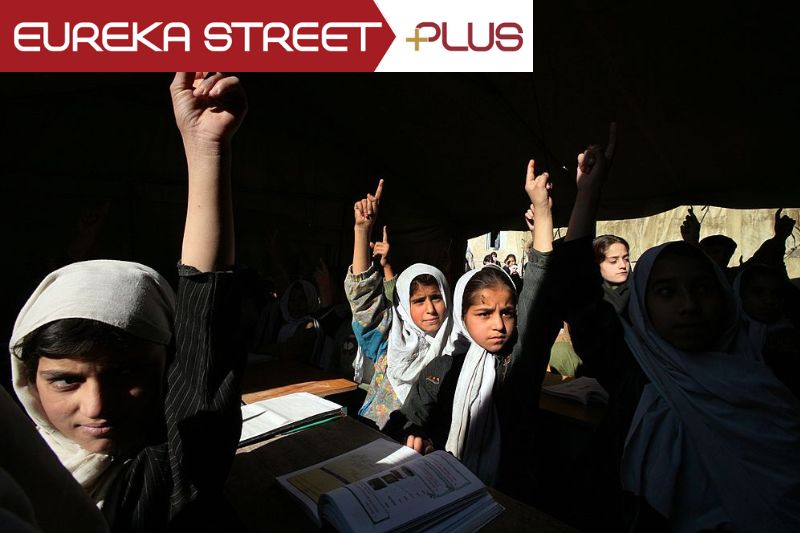
INTERNATIONAL
- Michele Frankeni
- 15 March 2023
International Women's Day highlighted progress and setbacks for women's rights, with stories of unequal pay, abuse, and education denial. Education and literacy are vital to gender equality, but global access is still limited. As we celebrate the journey towards gender equality, let's remember the distance that remains.
READ MORE 
-

INTERNATIONAL
- Michele Frankeni
- 07 February 2023
1 Comment
When she felt she could not fulfil her duties as a leader with the energy and commitment that it required, Jacinda Ardern stepped away from the job. She made a point of saying that though there will be speculation about her walking away, it was nothing more complicated than the job required more commitment than she felt able to bring.
READ MORE 
-
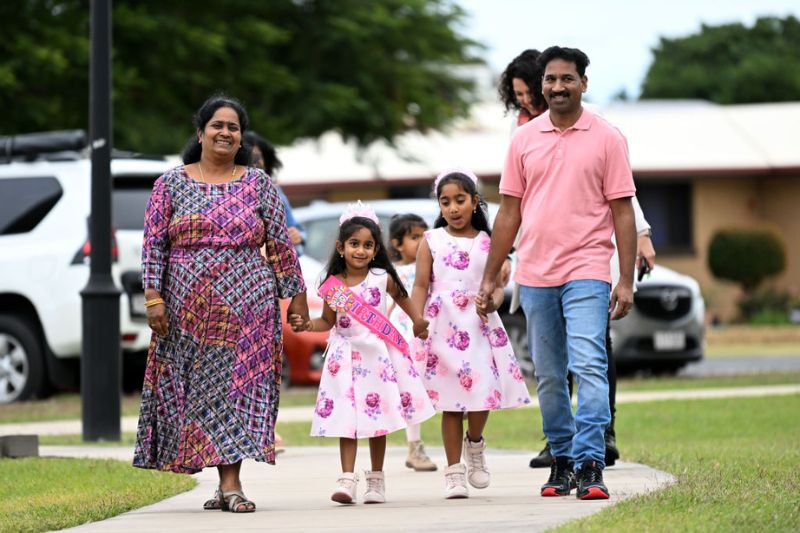
AUSTRALIA
- David Halliday, Michael McVeigh, Laura Kings, Michele Frankeni, Andrew Hamilton, Julian Butler
- 21 December 2022
2 Comments
To close the year for Eureka Street, the editorial team wanted to nominate who we considered to be the Eureka Street ‘person of the year’ based on who we think somehow embody Eureka Street values.
READ MORE 
-
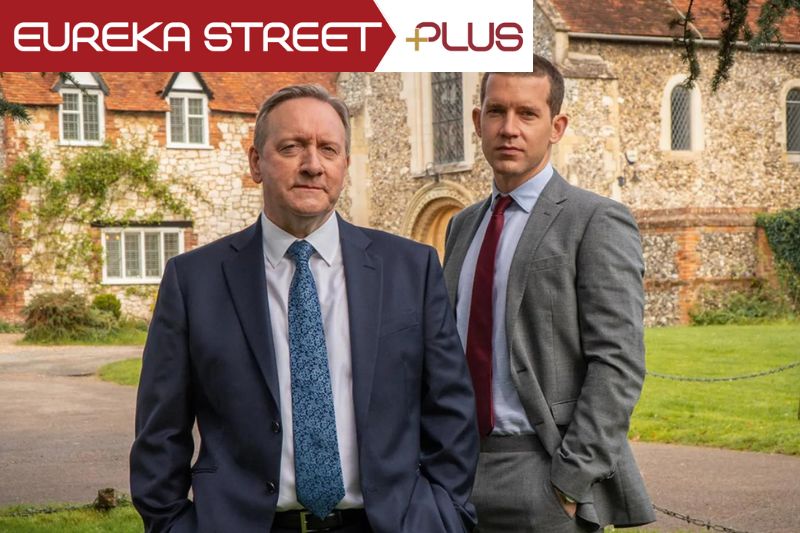
ARTS AND CULTURE
- Michele Frankeni
- 28 November 2022
Does it matter that the Midsomer episode that has me so exercised didn’t mention attempted rape? After all, the guy was charged with murder — perhaps a more serious charge? And it is only a TV program for heaven’s sake. But even though occurring on a TV program, to not call out attempted rape is to trivialise it.
READ MORE 
-

AUSTRALIA
- Michele Frankeni
- 24 October 2022
How do we go from insisting our children tell the truth, even if it leads to punishment for breaking rules, to casually accepting a lack of veracity from societal ‘leaders’? Why in this age of social media when the mildest of heterodox comments cause a storm of protest do blatant untruths cause not even a ripple?
READ MORE 